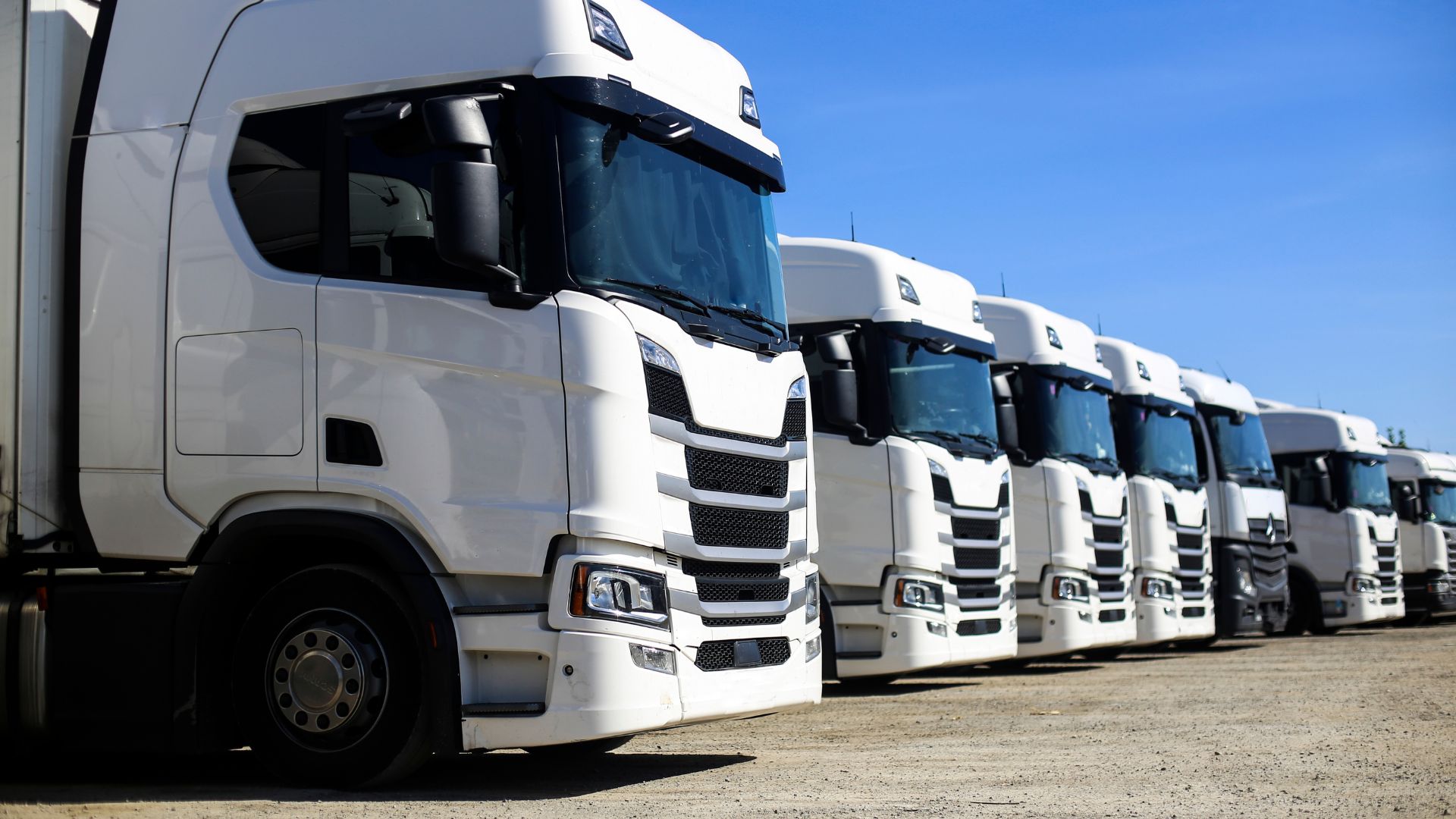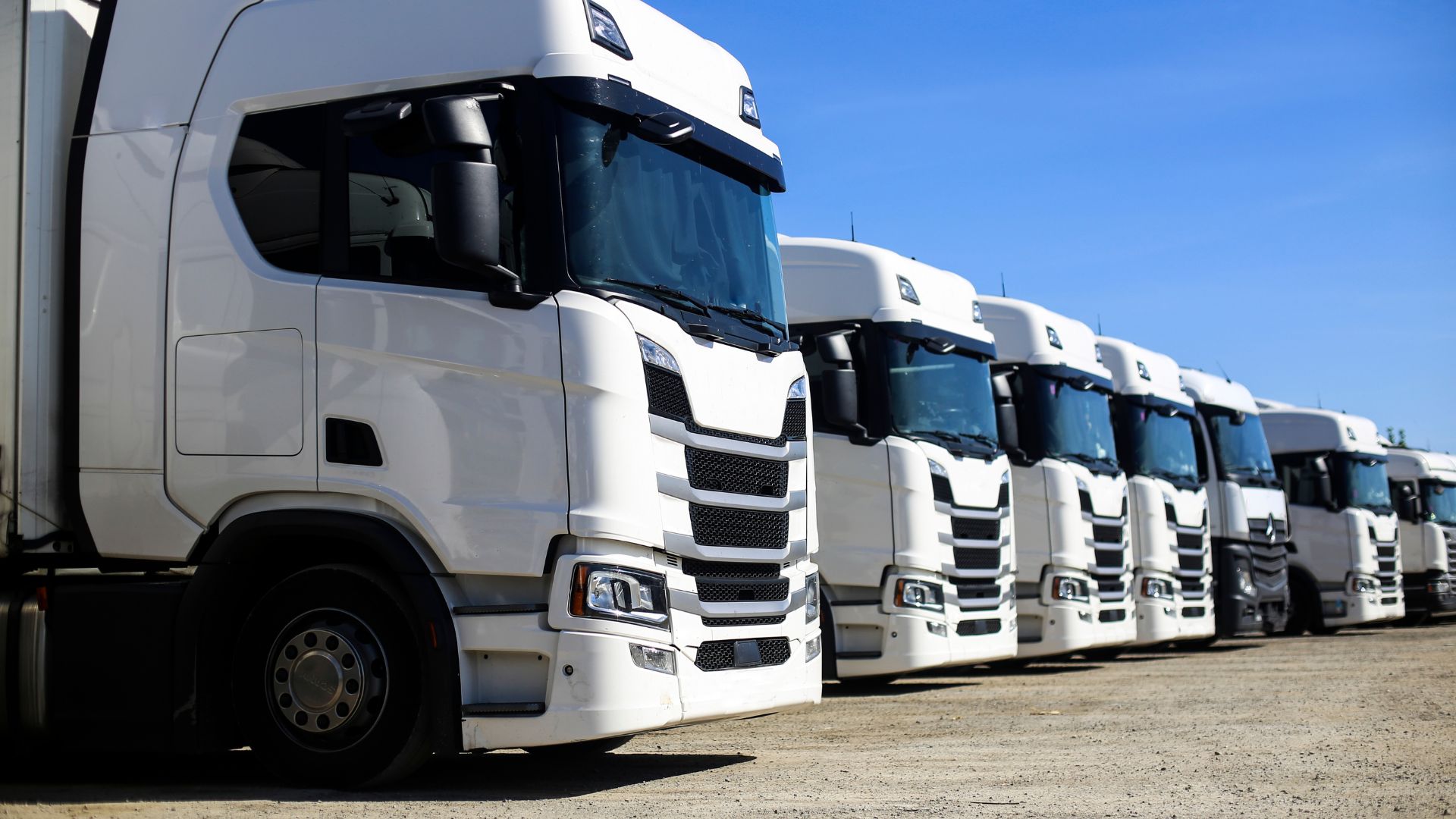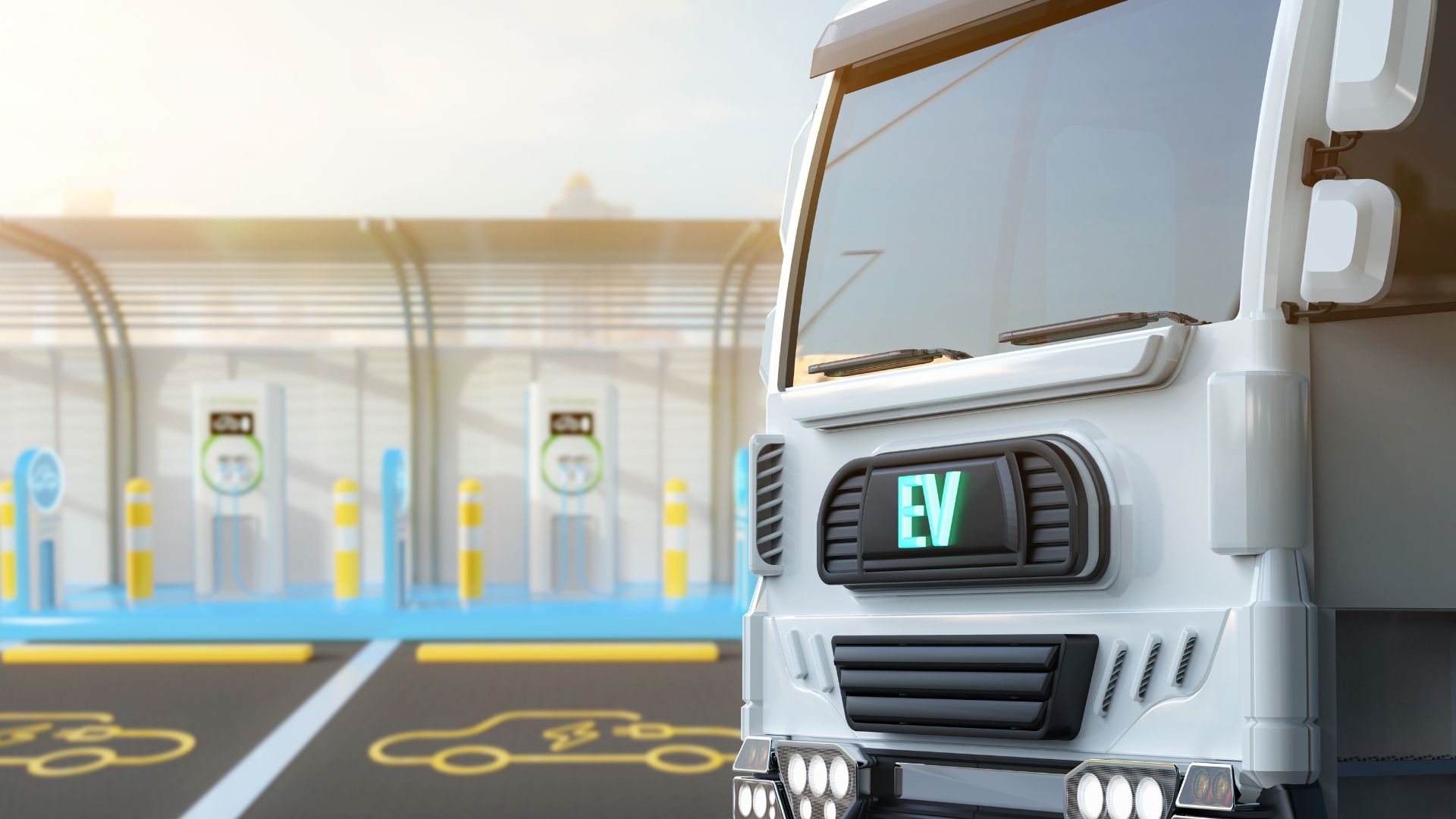Revolutionizing Freight: Electric Trucks and the Future of Logistics

The global freight industry is undergoing a major transformation as electric trucks emerge as a sustainable alternative to diesel-powered vehicles. With advancements in battery technology, charging infrastructure, and government incentives, electric freight transportation is poised to reduce emissions while maintaining efficiency. Companies like Tesla, Volvo, and Daimler are leading the charge with new electric truck models designed for both long-haul and urban deliveries.

One of the biggest challenges for electric trucks has been battery range and charging time. Traditional diesel trucks can travel long distances without refueling, whereas electric trucks require high-capacity batteries to achieve similar ranges. However, newer models like the Tesla Semi boast a 500-mile range, while rapid-charging solutions, such as megawatt charging stations, aim to reduce downtime.

Another key factor in the adoption of electric freight vehicles is cost efficiency. Although electric trucks have a higher upfront cost, they offer lower maintenance and fuel expenses over time. Companies investing in fleet electrification benefit from government subsidies, reduced fuel costs, and increasing regulations favoring zero-emission vehicles.

Beyond electric power, innovations such as hydrogen fuel cell trucks are also being explored for long-haul logistics. Companies like Nikola and Hyundai are developing hydrogen-powered trucks that refuel quickly and offer extended range, making them suitable for routes where battery charging infrastructure is limited.

As the demand for sustainable freight solutions grows, electric and hydrogen-powered trucks will play a pivotal role in reducing carbon footprints, improving urban air quality, and reshaping global logistics.
